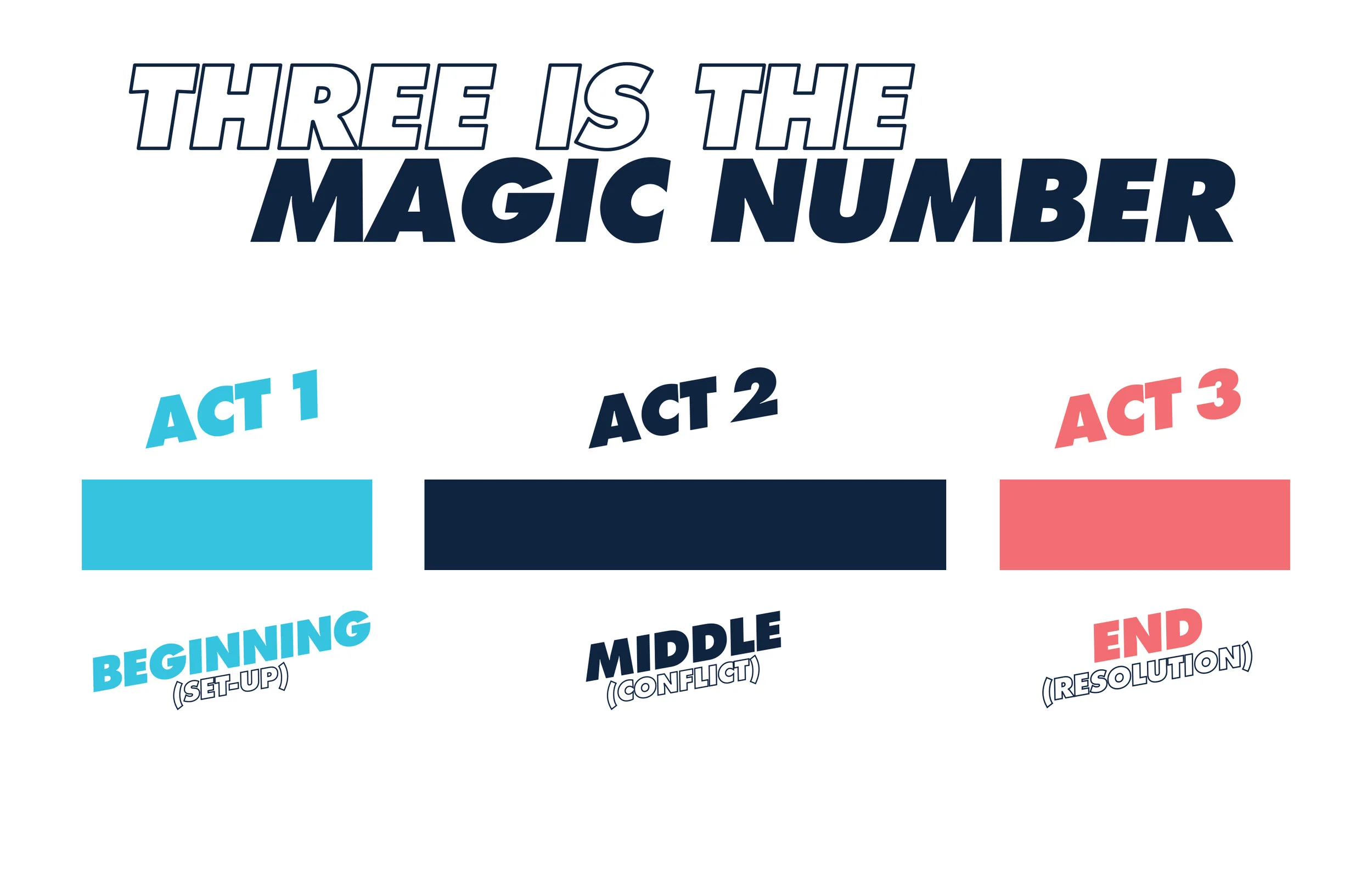The Protagonist
The movie Jaws isn’t really about a big shark terrorising a summertime beach resort.
It’s actually about Sergeant Martin Brody, the newly appointed local Chief of Police.
He represents the central character or protagonist; the vehicle through which the audience can identify with the moral of the story.
The goal as a storyteller is to make the protagonist believable and likeable. They have to be someone worthwhile investing our emotional energy in.
To achieve this, it is important to understand the symbiotic relationship between the plot of the story and the development of its primary character.
The plot represents a journey full of challenges that the protagonist must embark upon. It is only through experiencing and overcoming these difficulties that he will learn the lesson that transforms him in some way.
His character plays directly into this.
To be believable and relatable, he must have faults. After all, there is no such thing as a perfect human being. These character flaws meet with the plot challenges to give our hero the ultimate test.
If he can overcome his shortfalls in spite of what he’s faced with, he will emerge a better, more accomplished human being.
In Spielberg's terrifying film, Brody is introduced to us as the hard working Chief of Police of Amity Island, a popular tourist destination in New England.
He is presented as a principled man who takes his job seriously. He is also shown to be a family man who will do anything to protect his wife and children.
The shark represents his antagonist. The opposing character if you will that he has to fight to overcome.
If that’s not enough, he also has to face the demands of Mayor Vaughn who is determined to keep people in the water no matter what the cost to protect his tourism revenue.
Throughout the film we witness our hero struggle with his own paranoia and his unpopular desire to ‘do the right thing.’ We feel his mounting tension as the film proceeds towards its infamous climax when the shark attacks and sinks the small fishing boat.
His character works so well because we can identify with his plight. He's an ordinary man with nothing special about him doing his best to triumph over evil and restore peace. The giant shark is merely a metaphor to represent any seemingly insurmountable challenge we, the audience, face in our lives.
In summary, getting your protagonist right is mission critical to the success of your story. It's advisable to spend a bit of time upfront 'sketching' out your central character to ensure this.
To help, here are three questions to ask yourself:
1. What is the main point or message that your story is trying to make? How does your protagonist play a role in this?
2. Is your protagonist believable? Do they demonstrate weaknesses and vulnerability?
3. Does your central character evolve with the story? What is the transformation they undergo as a result?






